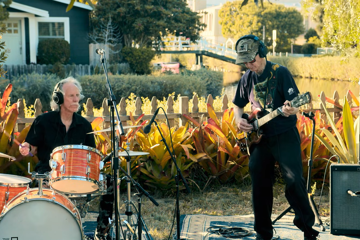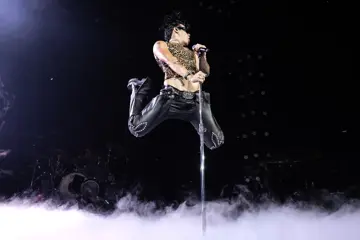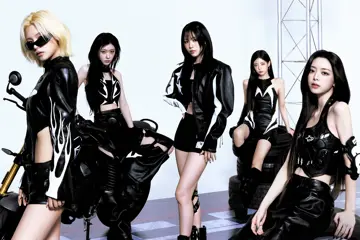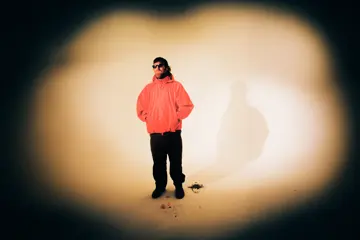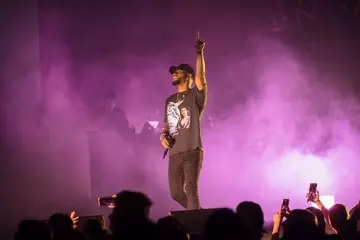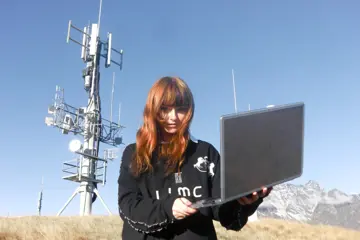When I meet Bernardine Dohrn for our interview she greets me warmly, and before we commence, takes me on a quick tour of the location, the Hull House Museum. At the end of the interview, upon hearing I am new in town, she invites me over for soup.
From minute one, it's hard to imagine her as the woman that was considered a national threat to American security, as someone who spent over a decade on the FBI's Most Wanted list, and as the person whose political activism with The Weather Underground has been mythologised, inspiring the likes of Neil Gordon's 2003 novel, The Company You Keep, with the resulting film adaptation of the same name directed by Robert Redford.
There are times during the interview when I feel like Shia LaBeouf's character in the film, a journalist too young to have witnessed the events that resulted in Dohrn's face adorning wanted posters, accused by police of falling under the spell of a woman who is romanticising terrorism.
But Dohrn doesn't romanticise her past – she does speak with a frank clarity about it – and seems slightly at odds with the narratives her life has generated.
“I have no nostalgia for the past, so I've lived the last forty years as the thirty before that; in the present,” Dohrn explains. “I don't feel sentimental about the '60s, even though it's been commodified and repackaged. Oddly enough, it's been demonised and mythologised at the same time, so that's been strange to experience. But I see it from a distance, and that's strangely fascinating. The strangest thing is watching it be depoliticised for me, because for us, in the upheavals of the late '60s we had a lot of fun and we were a lot about liberation and humour but we were pretty serious about the United States' role in the world as an empire, as an occupying army, and as a racist bastion at home, and those issues really drove us to break loose from the notion of a career track or the life in the suburbs that our parents had hopes for.”
Redford's film is a fictional adaptation of the Weather Underground story and focuses on the time spent by the organisation after their dissipation, a time in hiding, of false identities. With the same candidness, Dohrn extrapolates on what that time was like in her own life.
Don't miss a beat with our FREE daily newsletter
“I didn't hear the word Bernardine for eleven years – I mean, I read it, I saw it on posters, I saw it in the post office on wanted posters, but I didn't hear it for eleven years. So I was these other names. People's image of the fugitive is the lone man on the run, right? But we were a group, and a network, and a bigger circle around that, so if I was Molly, I was Molly, and my ear got used to it, and that's who I was. And when I was Rose I was Rose.”
Talk shifts to the Berdardine of today, an activist still, but also a Professor of Law, an advocate for children's rights, a grandmother. She talks of her daughter-in-law, Rachel DeWoskin, who spent close on a decade during the '90s as the unlikely star China's first TV soap opera, Foreign Babes In Beijing, which featured two American women paired with two Chinese men.
“So my daughter-in-law, Rachel, was the bad girl,” says Dohrn. “Everybody wants to be the bad girl – I mean, who wants to be the good girl?”
In cinemas Thursday 18 April.




